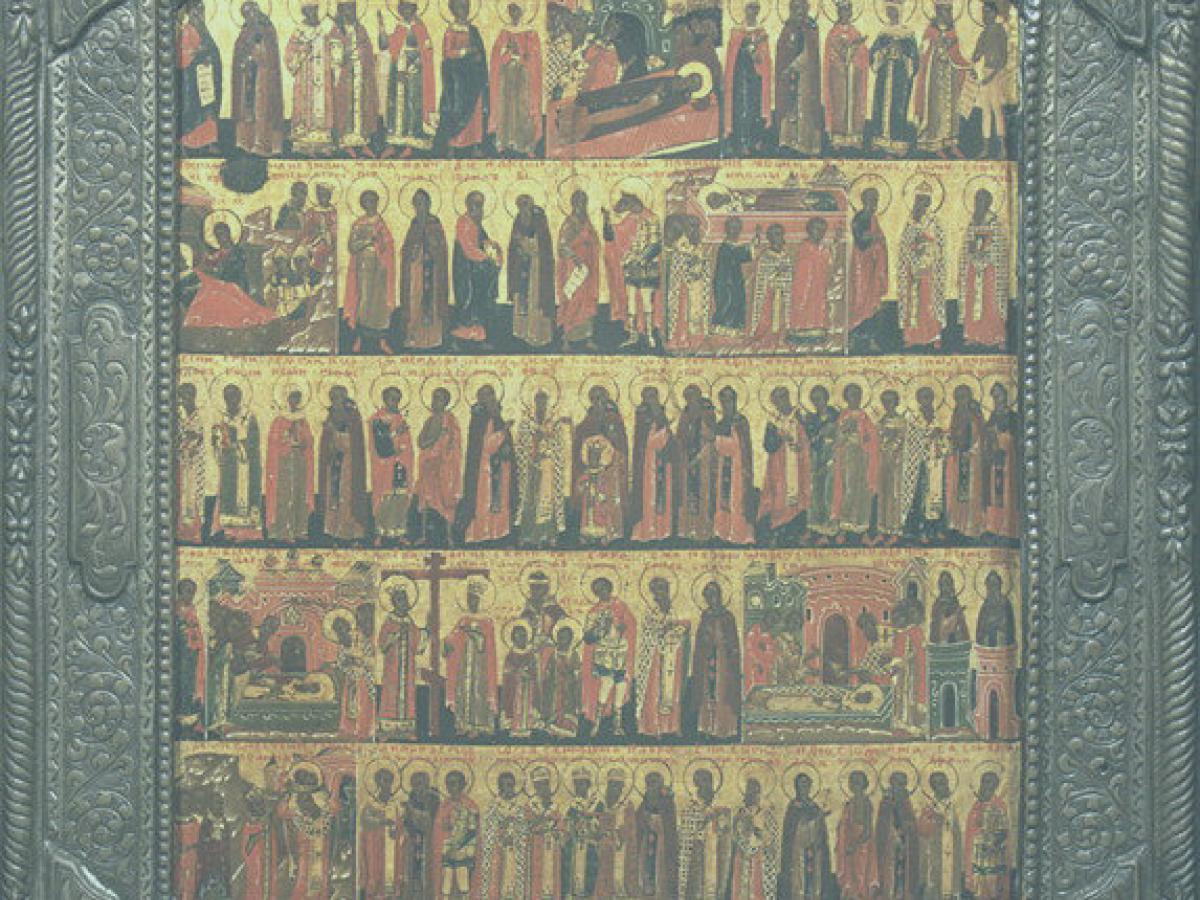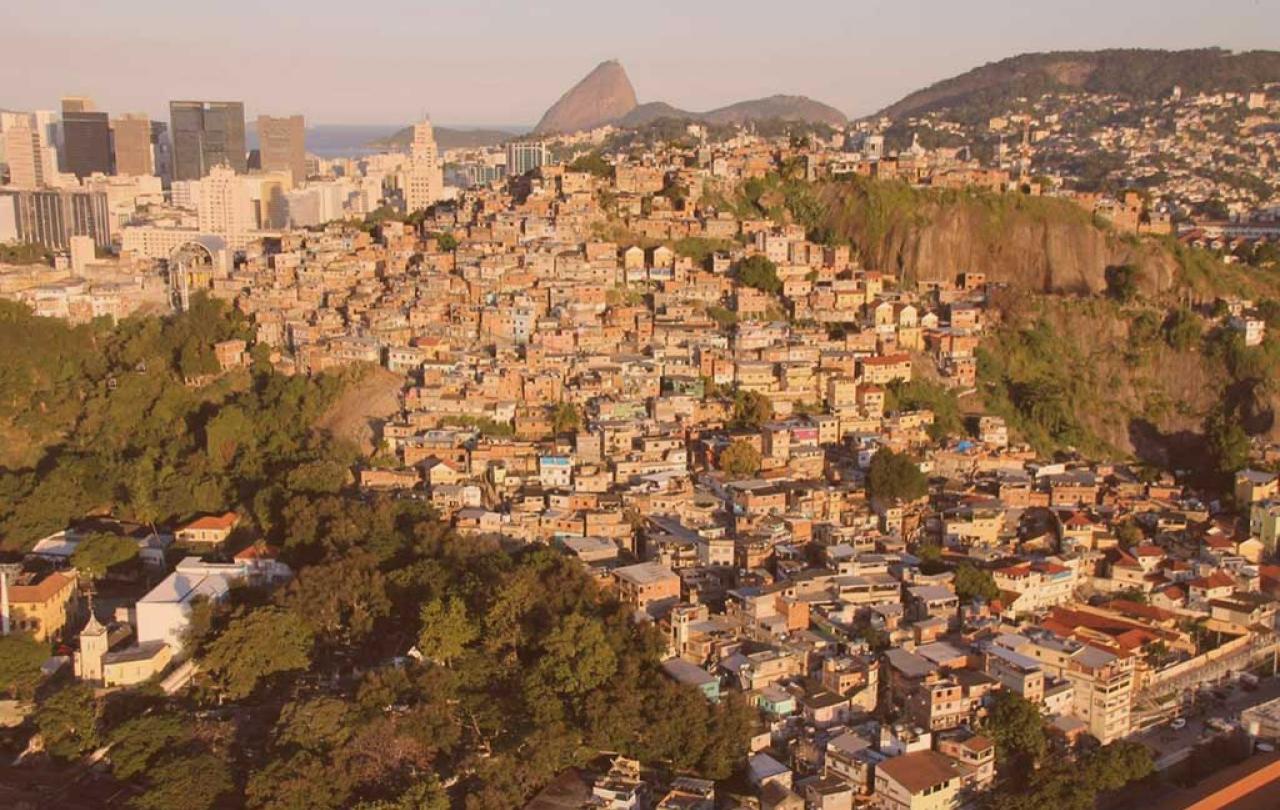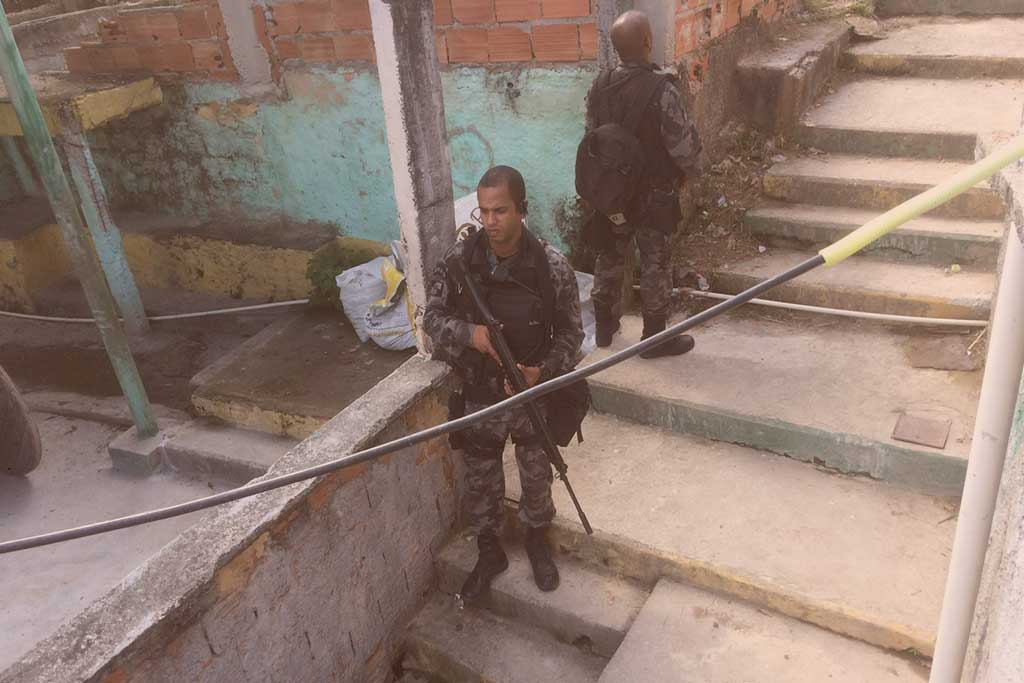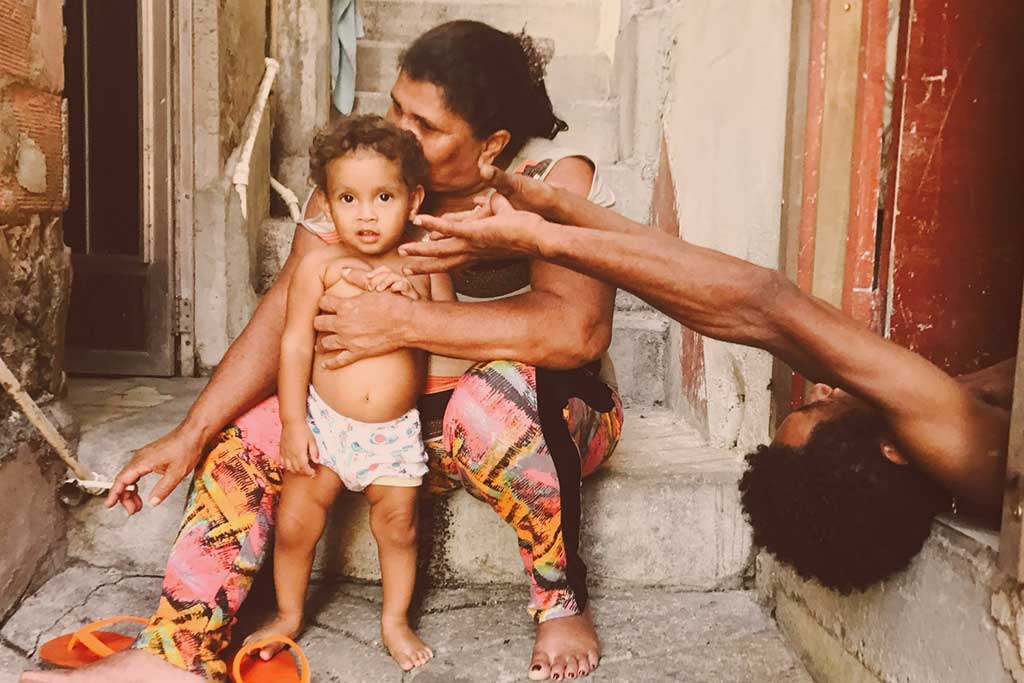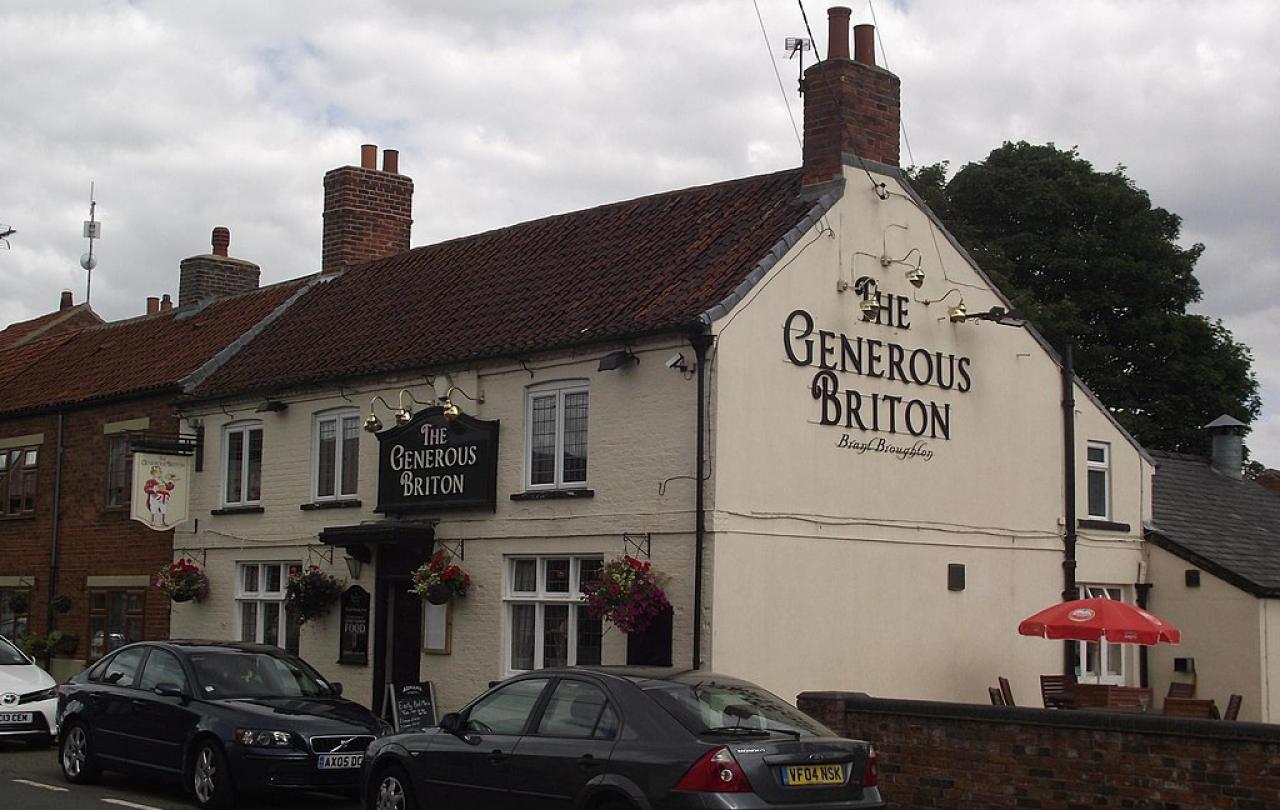
I was stood by the door waiting for someone else to arrive when a refugee banged on it. I was annoyed. It wasn’t opening time yet and it’s always awkward explaining that across a language barrier. I took my time coming to the door and fiddled with the key, hoping my body language would set the tone for a short conversation.
“We’re not open yet”, I said as I cracked the door open and felt the chill of the early December cold snap.
The Iranian man looked me earnestly in the eyes, thrust a heavily laden shopping bag into my hands and said in a heavy accent:
“I’m sorry, I can’t come today”.
He flashed me a grin that showed his missing teeth, leaned over to hug me, turned his bike around and rode off up the hill.
I’d known Ebrahim (not his real name) for a few weeks – maybe a month – since another refugee had introduced me to him. I’d heard rumours of his generosity, but this was my first experience of it.
I shut the door to the church against the cold, and as I locked it my mind wandered back to an interaction with John Barclay – a professor at Durham University. I was a PhD student at the University of Nottingham at the time, and he was a world-leading theologian who had been invited to give the Firth Lectures. It was as close as you come in academia to meeting a rock star.
He came to mind as I closed the door because in those lectures, he argued that one of the key reasons the first Christian communities grew was because they practiced risky generosity.
The first followers of Jesus were likely poor enough that they relied on each other to get by: you can borrow my coat today because I’m going to need your saucepan tomorrow. That was not unusual in the ancient world and lots of communities were generous in that way.
What made Christians unique was that they were much more willing to risk including outsiders – they were willing to give to people who they didn’t know well enough to be able to rely on them giving back.
I retreated from the door wondering what had just happened and whether Ebrahim would get a decent meal today if he couldn’t come to our drop in. But mostly, I wondered why he was being so generous and I was so stingy. I mean, one of us is rich by almost any metric – and it’s not Ebrahim.
As I turned round, I saw Sami (not his real name) across the room. He’s been around longer than Ebrahim and has actually been helping us by translating sermons into Farsi for other Iranian refugees. He was already inside because he was helping us today.
They show up with gratitude, and give generously of the very little they have. They practice this risky generosity with no guarantee of return.
I know a bit of Sami’s story – how he has arrived in the UK seeking asylum because his family found out about his faith and suddenly he was no longer safe in his own home. I’ve seen the scars he got from living through that story. And yet, when Sami manages to find a way to work under the radar to supplement the pittance he’s living on and make his days more meaningful, he is as generous with what he earns as he is with his time.
There’s something striking about the risky generosity I see in Ebrahim and Sami. I can’t imagine living through what they’ve endured, but they show up with gratitude, and give generously of the very little they have. They practice this risky generosity with no guarantee of return – not least because the church is so mindful of being taken in by a sob story that we make big demands before we’ll baptise or send letters of support for anyone. It challenges me. Despite the fact that I’m the rich one, my asylum seeker friends seem closer to the attitude of the first Christians than I am.
It particularly challenges me when I then read stories about small boats, Home Secretaries and Rwanda. Because somehow people like Ebrahim and Sami seem to go missing in all the debate.
I’m not in a position to solve immigration, and I’m not for a second pretending it’s not complicated. But I thought about Ebrahim, Sami and John Barclay again when my children’s CofE primary school told me what they were teaching my boys about British values and Christian values. It’s probably no surprise that there was no mention of this kind of risky generosity that was in fact a hallmark of the first Christian communities and that I think I’ve seen in these brothers from another nation. I think that’s a shame.
There’s no doubt that the Bible talks clearly about God providing for his people –wealth is not bad, and Jesus’ call to give it all away came to one particular person rather than to every follower. But God’s own generosity runs like a thread throughout the story told in Scripture.
Maybe that’s why Paul writes that ‘God loves a cheerful giver' . The original Greek word translated ‘cheerful’ there is hilaron and we get the word ‘hilarious’ from that root. It might not be funny, but within the conversation we tend to have about wealth it is surely laughable for Ebrahim to give away a bag full of goodies when he has nothing? It’s risky, certainly: better to hold onto the money as you might need it next month if the Home Office moves you without warning again. And yet, he gives.
And because he gives, he challenges me. If John Barclay is right – and I think he is – Christians have always been the kind of people who take risks to welcome others into their community. That makes no sense if you’re trying to keep your own food and energy bills down in the face of inflation. It’s laughable, in fact. But apparently, that’s the kind of giver God likes – a hilarious one!
I think he likes that kind of giver because when he looks at them he sees the image of his own generosity. After all, according to Genesis, that’s the image humans were made to carry. Seeing Ebrahim and Sami giving reminds me that for all the complexity of the immigration debate these are human beings. Their risky generosity challenges me to live up to the actual values of the first Christian community.





